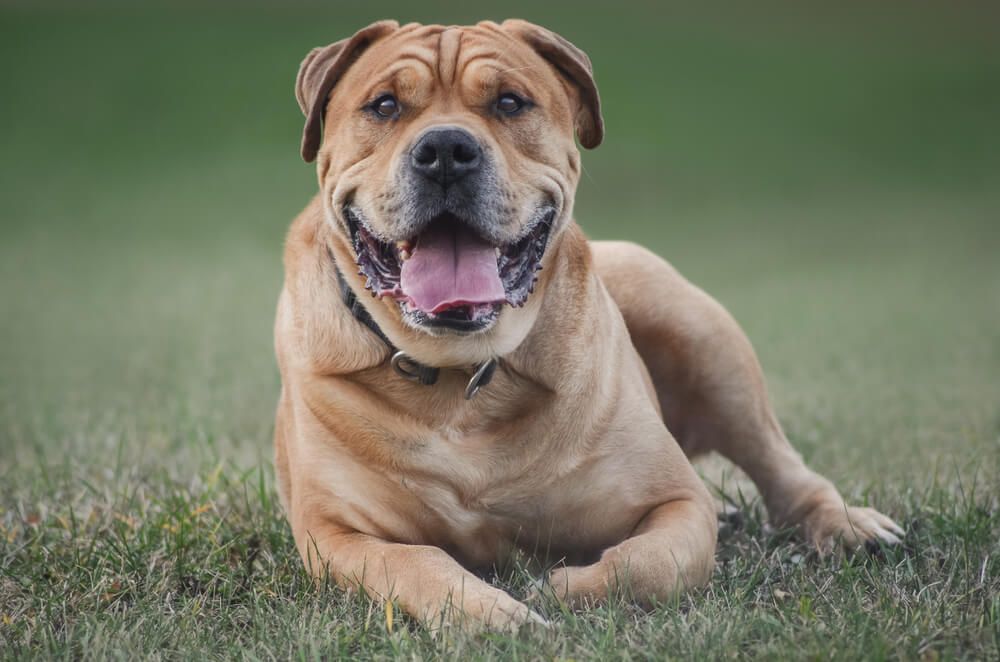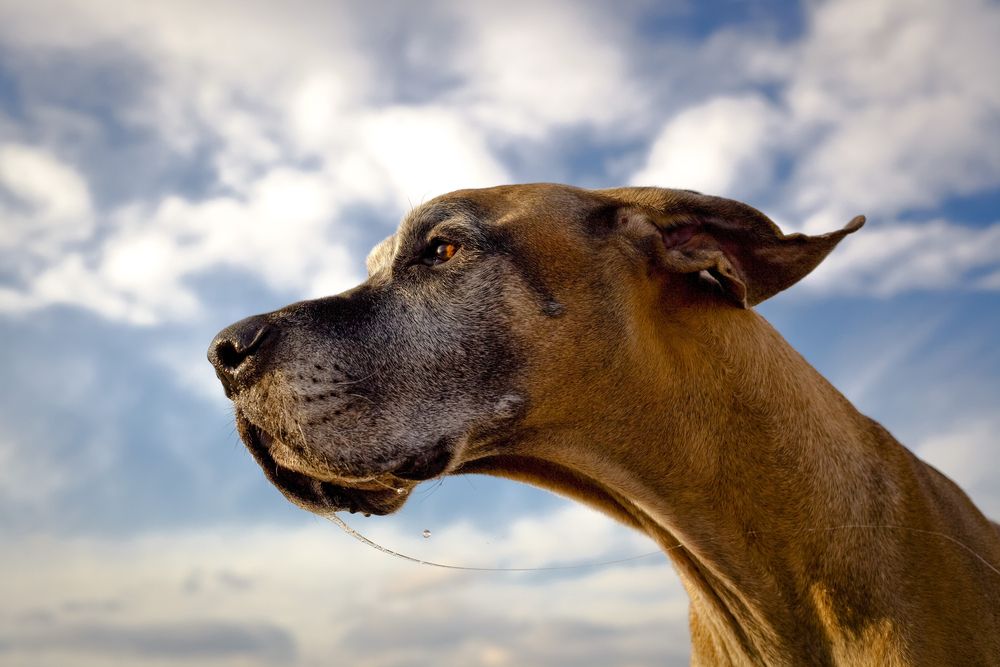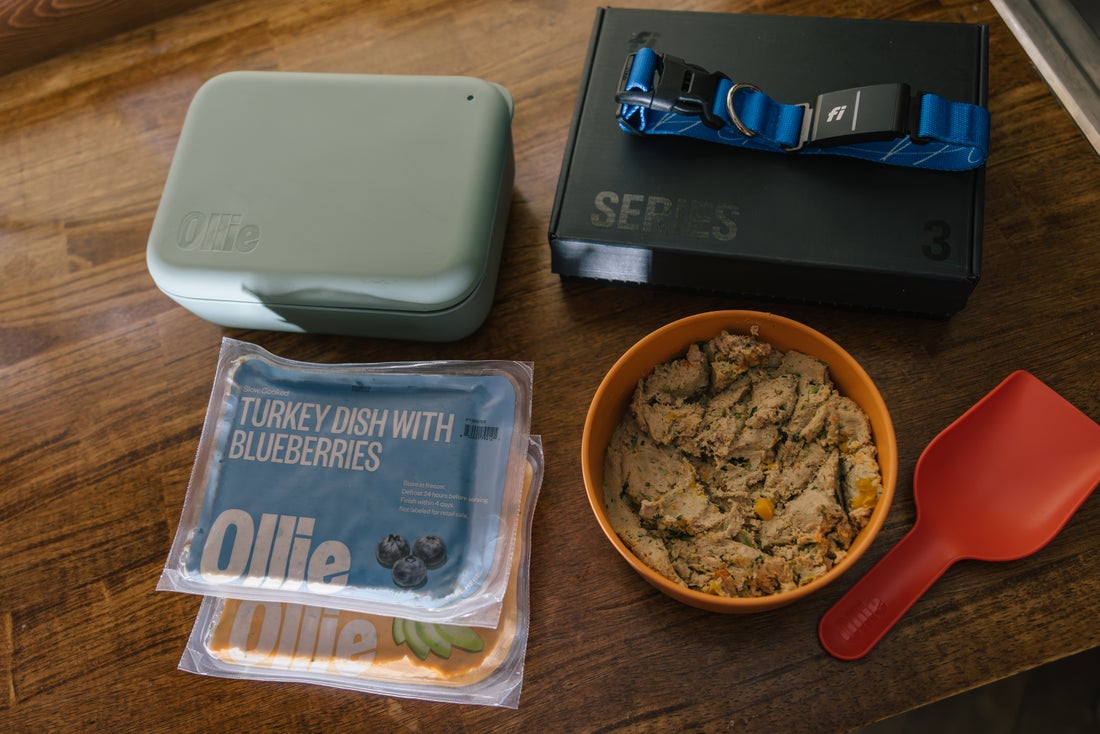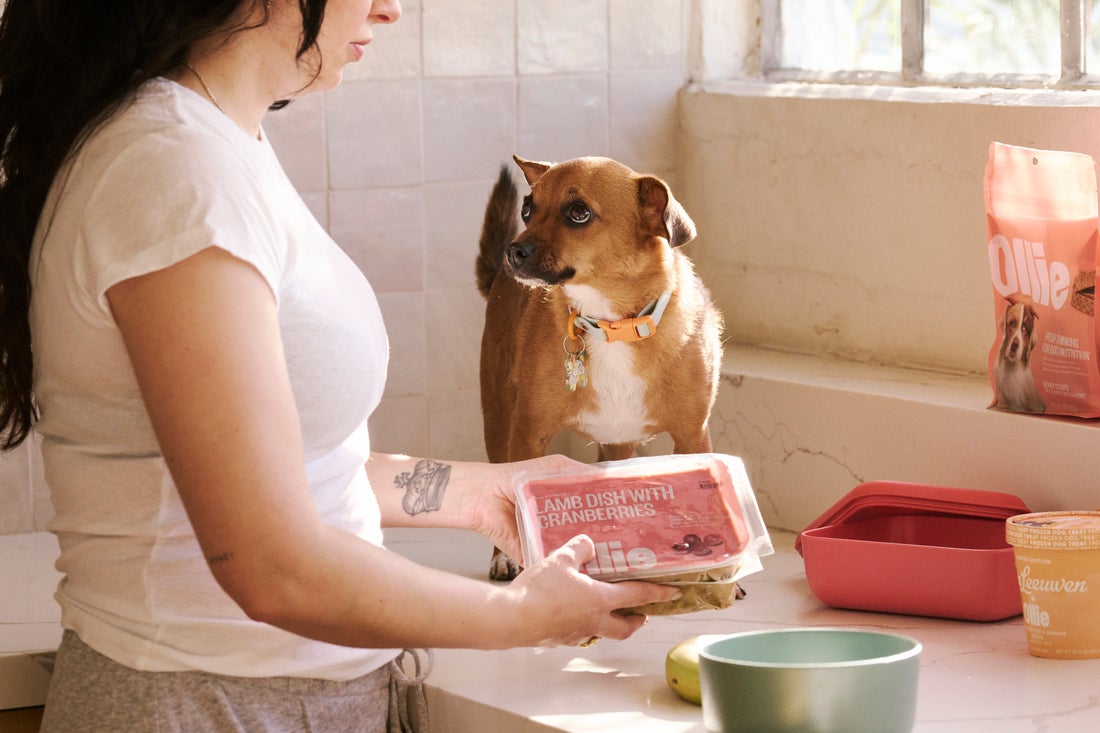Hey Ollie blog readers! We’re offering you an exclusive 60% OFF your starter box! Try now!
While there are plenty of myths around the internet about raising puppies and dogs, one thing that’s definitely not a myth is that large breed dogs have some special needs when it comes to making sure they grow up healthy and live a long and happy life.
Large breed dogs have a shorter average life expectancy than their smaller counterparts. Learn how to take the best care of your larger breed best friend.
Large breed puppies need extra support to grow properly
When it comes to feeding, large breeds are really more like goldilocks than their small and medium counterparts. If they grow too quickly they risk joint and bone issues and pain later. If they grow too slowly they risk dealing with nutrient deficiencies that can harm their growth. So, it’s important that your large breed puppy develops their muscles and bones and just the right pace. Chat with your vet about your large breed puppy’s nutritional needs frequently. You also want to make sure you know when your large breed should be done growing – some pups grow for more than a year!
Training is important for your safety and your pup’s
Jumping, begging, and pulling can be problem behaviors for dogs of any size, but when your dog is larger than most children and weighs the same or more than you do it is especially challenging to correct. With larger dogs, it is so important to start training right away. You want to make sure you can walk your pup safely and that they can be under your control. A large dog who suddenly pulls can get away from you easily or cause injury to themselves or you. An excited puppy who is jumping on people might not be such a big deal when they weigh 15 pounds, but at 75 they may be able to knock down children or someone who is elderly causing injury. Good, positive training that starts early will help keep everyone safe.

Prep for larger expenses as your dog grows bigger
Super-sized crates, beds, bowls, and toys can cost more than their smaller counterparts. Plan to spend extra money to keep your best friend comfortable. When beds go from medium to large and extra-large, the cost seems to significantly increase. As we’ll talk about when it comes to protecting your dog’s joints, sleeping in any old bed may not cut it for a larger pup! Orthopedic beds like the Big Barker are specially designed to support larger breeds.
Beware of bloat
Some larger breed dogs are more prone to a potentially life-threatening condition called bloat. When a dog bloats, its stomach fills with air. Sometimes, there is a form of bloating where the pup’s stomach can actually twist. This requires surgical intervention to treat. In breeds that are very prone to this condition, some veterinarians will perform a proactive surgical intervention to sew the dog’s stomach in place so it can’t twist around. Other things you can do to help prevent bloat is to use a slow feeder so your pup can’t eat too quickly and refrain from giving big meals before and after vigorous activity.
Take care of your pup’s joints
While joint pain and arthritis can strike dogs of any size, it is common in larger breeds. While there are mixed reviews on dietary supplements it’s worth proactively discussing with your vet ways to keep your pet moving and pain-free. While exercise like walking or swimming can be helpful in keeping the pain away it can be hard to get your pup up and moving if they are already in pain.
Maintain a healthy weight
Keeping your dog at a healthy weight can help them avoid other medical issues like arthritis, joint pain, heart disease, and diabetes. Being large and overweight can make it hard for your dog to move comfortably. If your pup starts to pack on the pounds as they age, chat with your vet about an appropriate weight management program that includes diet modifications and exercise.
Regardless of your dog’s size or breed, taking care of them with good food, healthcare, regular grooming and training is important. We hope these tips help you care for your large breed dog.
The Ollie blog is devoted to helping pet parents lead healthier lives with their pups. If you want to learn more about our fresh, human-grade food, check out MyOllie.com.
Tagged As:

The nutrition your dog needs,
the food they want.

Enjoying our articles? Subscribe our Newsletters and get new articles directly to your inbox
You might also like
18 September 2025
5 MINS READ
Can I Rotate Fresh Dog Food Flavors?
Yes, it’s safe to rotate fresh dog food flavors, and many dogs actually benefit from the variety. At Ollie, we offer multiple fresh recipes, like Beef, Chicken, Turkey, Lamb, and Pork so you can…
by Ollie Pets
18 September 2025
5 MINS READ
Is Fresh Dog Food Safe During Power Outages?
Fresh dog food is only safe during a power outage if it has stayed cold, specifically, below 40°F. Once the temperature rises above that point, bacteria can start to grow, and the food may no lon…
by Ollie Pets
18 September 2025
5 MINS READ
How Do I Store Fresh Dog Food While Traveling?
If you’re bringing fresh dog food on the road, keeping it cold is key. The best way to store it is in a cooler with ice packs or a travel freezer. At Ollie, our vacuum-sealed fresh food stays good…
by Ollie Pets







